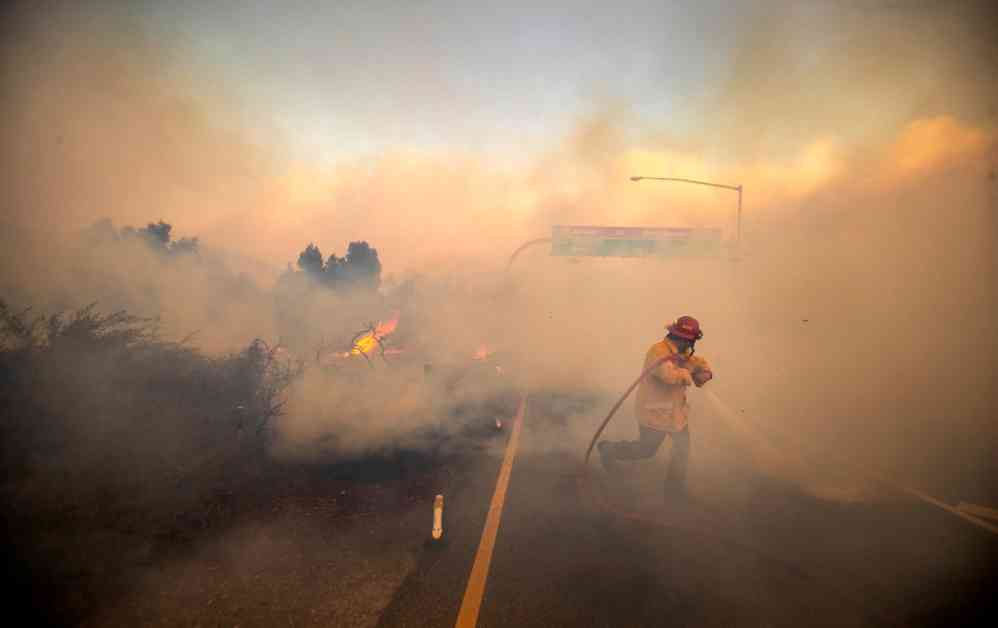Wildfire Smoke Exposure Linked to Higher Dementia Risk
In a groundbreaking study published in the scientific journal JAMA Neurology, researchers have uncovered a troubling connection between exposure to wildfire smoke and an increased risk of dementia. The study, which focused on long-term exposure to smoke concentrations, found that for every one microgram increase in wildfire pollution per cubic meter of air over a three-year period, the odds of dementia diagnosis rose by approximately 18 percent.
Wildfire smoke, composed of tiny, inhalable particles with diameters of 2.5 micrometers or smaller, has long been known to exacerbate various medical conditions, from asthma to heart disease. However, this new research sheds light on a previously unrecognized risk factor associated with this type of air pollution.
Implications for Public Health
While the baseline risk of dementia diagnosis remains relatively low among the general population, the increased risks identified in the study are substantial enough to raise concerns about public health. The findings underscore the urgent need for policymakers to take action to protect vulnerable communities, particularly those at higher risk of exposure to air pollution, such as low-income and marginalized groups.
Unique Characteristics of Wildfire Smoke
Wildfire smoke particles, with their distinct chemical and physical properties, pose a greater risk of dementia compared to particles from other sources like automobiles and industrial emissions. These particles often contain higher concentrations of toxic molecules known for their inflammatory properties, making them particularly harmful to human health.
Future Research Directions
As the effects of climate change intensify, scientists are increasingly focused on understanding the complex interplay between climate hazards and their impact on public health. Future studies may explore whether specific types of dementia, such as Alzheimer’s disease, are more closely linked to wildfire smoke exposure than others. Additionally, researchers are eager to investigate how multiple climate-related events, such as wildfires coinciding with power outages, may compound health risks for vulnerable populations.
In light of these findings, it is crucial for policymakers to implement strategies aimed at reducing air pollution, mitigating wildfires, and addressing the disproportionate impact of environmental hazards on marginalized communities. By taking proactive steps to safeguard public health and combat the effects of climate change, we can work towards a healthier and more sustainable future for all.
Remember, the next time you see smoke lingering in the air after a wildfire, it’s not just a visual reminder of the devastation caused by these natural disasters—it’s also a warning sign of potential health risks that we must address collectively to protect our communities and loved ones.




